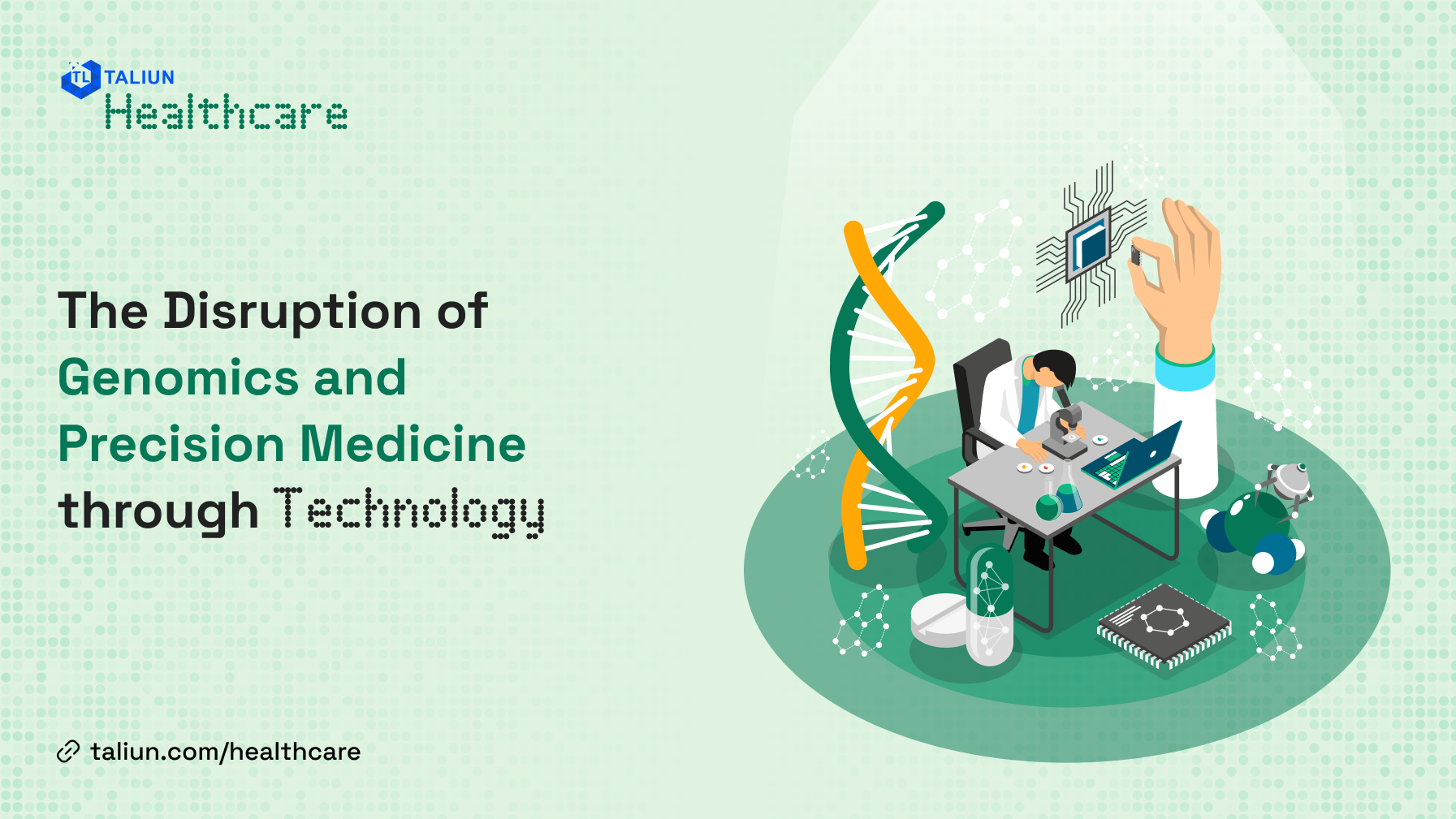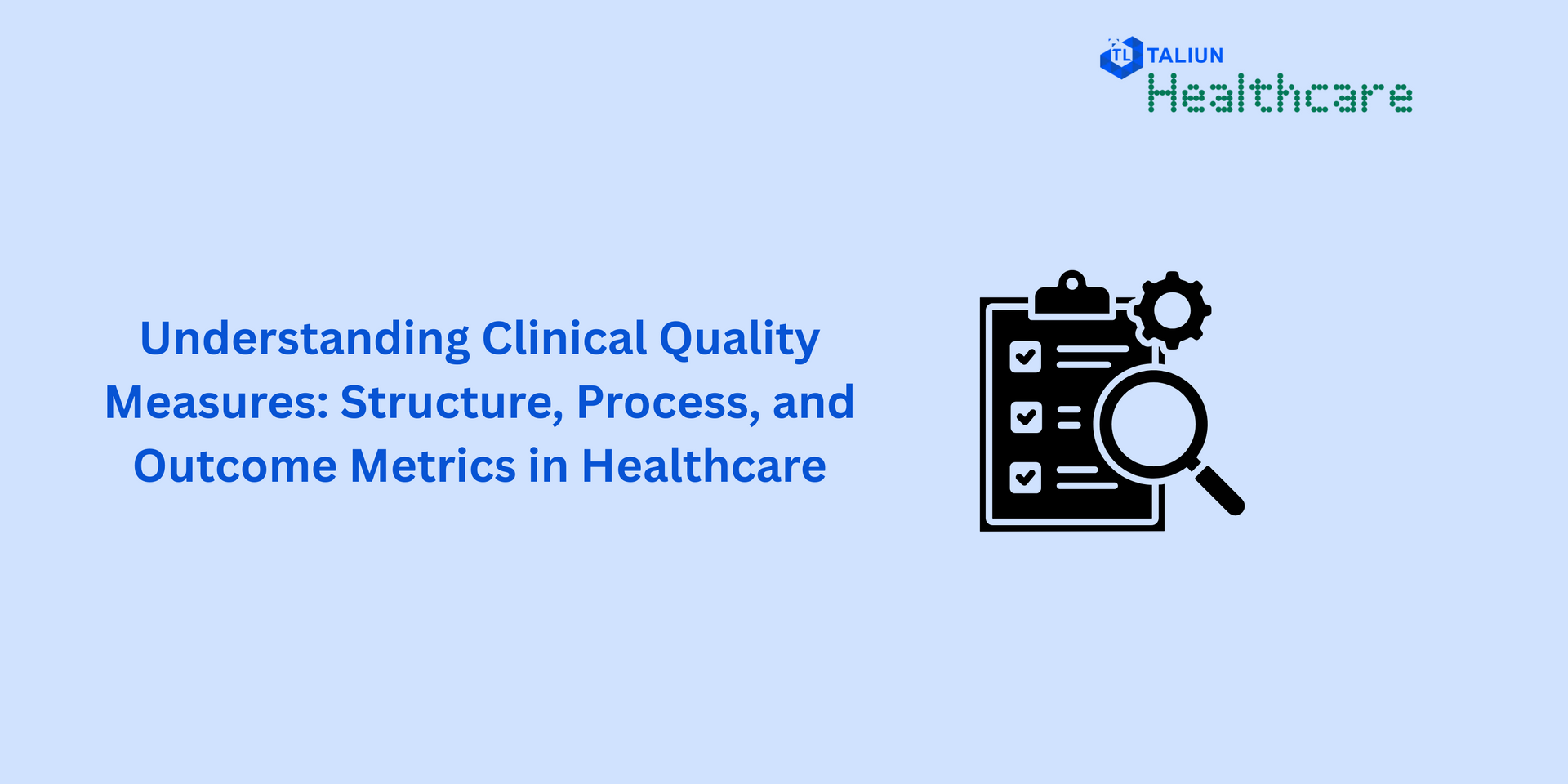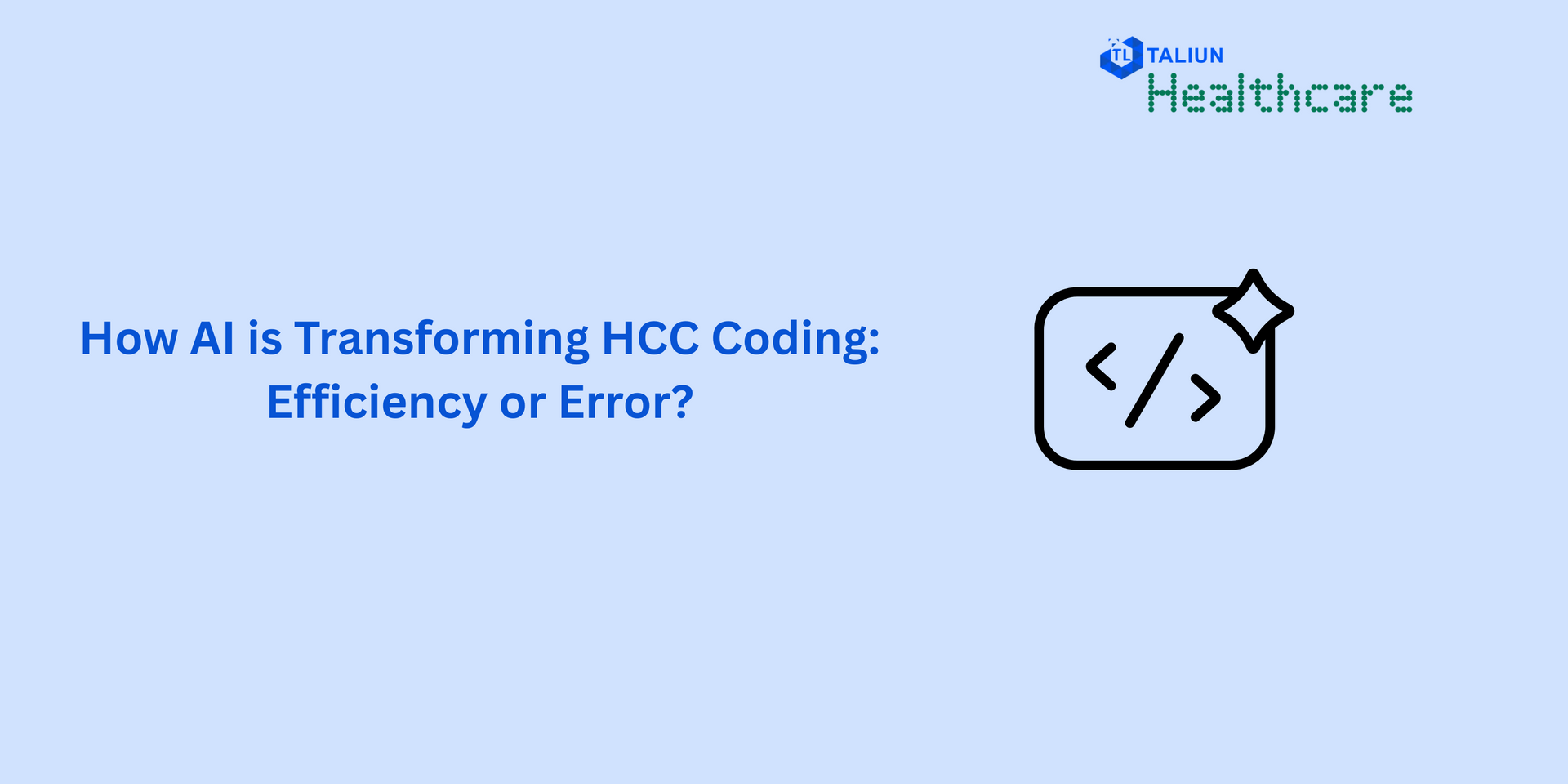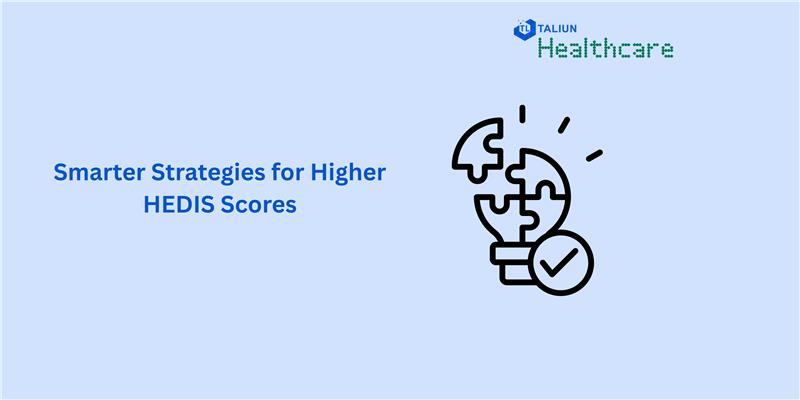The Disruption of Genomics and Precision Medicine through Technology

In the rapidly evolving landscape of healthcare, the role of technology in reshaping genomics and precision medicine cannot be overstated. The convergence of technological innovations with the fields of genomics and precision medicine is not just revolutionizing healthcare delivery but is also offering unprecedented opportunities for personalized treatment and disease prevention. This blog post explores the multifaceted impact of technology on genomics and precision medicine, delving into current trends, challenges, and future prospects.
Breaking New Grounds in Genomics
Genomics, the study of an organism's complete set of DNA, including all of its genes, has been fundamentally transformed by technological advancements. High-throughput sequencing technologies, such as Next-Generation Sequencing (NGS), have dramatically reduced the cost and time required for DNA sequencing. Where the Human Genome Project took over a decade and billions of dollars to complete, now, an individual’s genome can be sequenced in a matter of days for less than a thousand dollars. This democratization of genome sequencing has opened new avenues for research in genetic diseases, evolutionary biology, and personalized medicine.
Moreover, technologies like CRISPR-Cas9 gene editing have provided scientists with the ability to precisely alter the DNA in living organisms. This has significant implications for genetic research, therapeutic applications, and the potential cure of hereditary diseases. The ethical considerations surrounding gene editing are vast and complex, but the technological capability represents a monumental step forward in genetic science.
Precision Medicine: A Personalized Approach
Precision medicine, an approach that tailors disease prevention and treatment to the individual characteristics of each patient, is another area witnessing a technological revolution. The integration of big data analytics with patient data, including genetic information, lifestyle, and environment, allows for more accurate predictions regarding disease risk, prognosis, and treatment response.
Artificial Intelligence (AI) and Machine Learning (ML) are at the forefront of analyzing the massive datasets generated by genomic studies and clinical trials. These technologies can identify patterns and correlations that might be invisible to human researchers, leading to the discovery of new biomarkers for diseases, novel therapeutic targets, and the optimization of drug development processes.
Digital Health Platforms and Wearable Devices
Digital health platforms and wearable devices are collecting a wealth of data that can be integrated with genomics and precision medicine to provide a comprehensive view of an individual's health. These devices monitor various health metrics in real-time, offering valuable insights into the patient's health status, disease progression, and treatment response. This real-time data can be used to adjust treatment plans on the fly, offering a level of personalized medicine previously unimaginable.
Challenges and Ethical Considerations
Despite the promising advances, the integration of technology into genomics and precision medicine faces several challenges. Data privacy and security is a major concern, as the personal nature of genetic information requires stringent safeguards. Additionally, the risk of genetic discrimination by employers or insurance companies remains a significant ethical and legal issue.
Moreover, the digital divide and socioeconomic disparities can limit access to these cutting-edge medical technologies, exacerbating existing health inequities. Ensuring equitable access to the benefits of technological advancements in genomics and precision medicine is a challenge that must be addressed by policymakers, healthcare providers, and the tech community.
Looking Forward: The Future of Genomics and Precision Medicine
As we look to the future, the continued evolution of technology promises to further disrupt and transform the fields of genomics and precision medicine. Innovations in quantum computing could exponentially speed up the analysis of genetic data, while advancements in nanotechnology might offer new ways to deliver drugs or monitor diseases at the molecular level.
The ongoing fusion of technology, genomics, and precision medicine is paving the way for a future where healthcare is highly personalized, more effective, and possibly preventative. While challenges remain, the potential for improving human health and longevity through these interdisciplinary efforts is immense. As we navigate the complexities of integrating technology with the delicate fabric of human biology, the horizon is bright with promise for transformative changes in healthcare.
To learn further about Taliun's healthcare software & date engineering services, please visit
Taliun.com/healthcare




